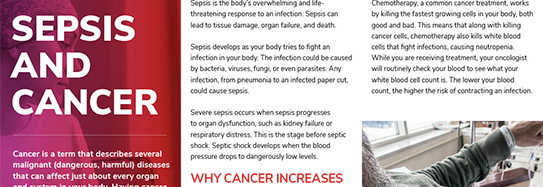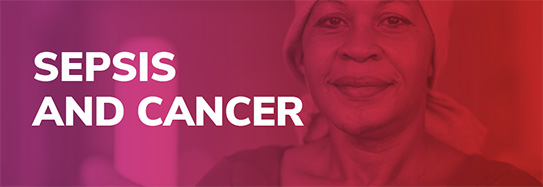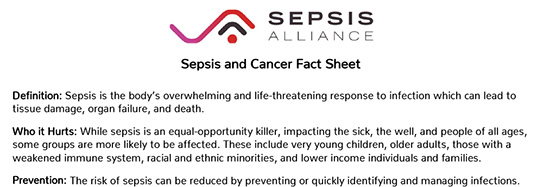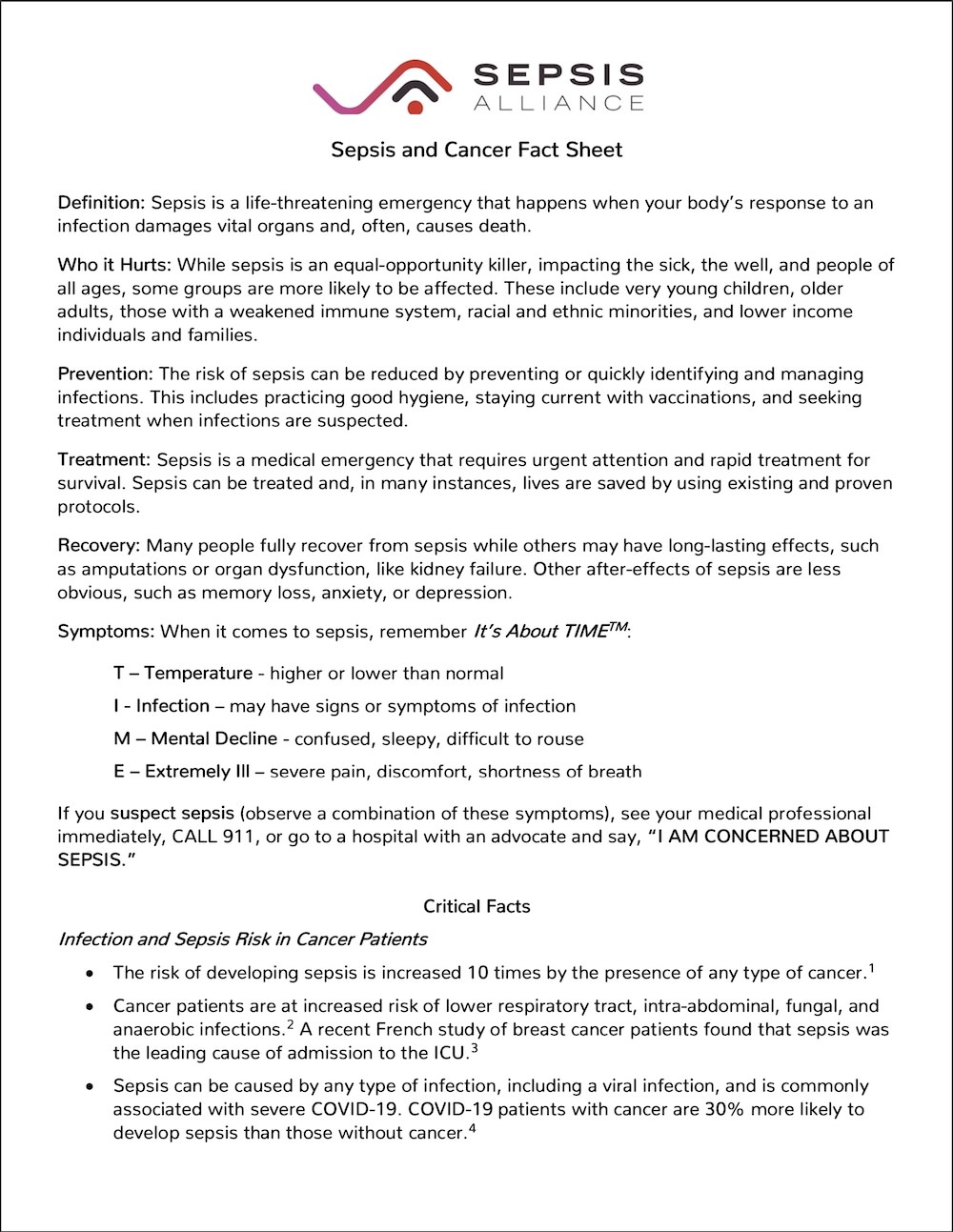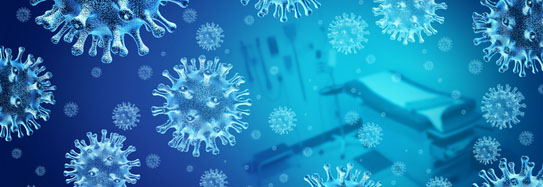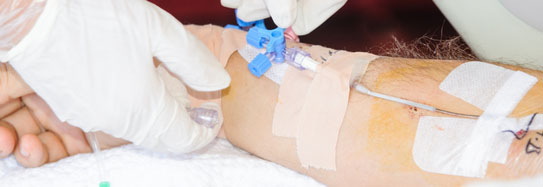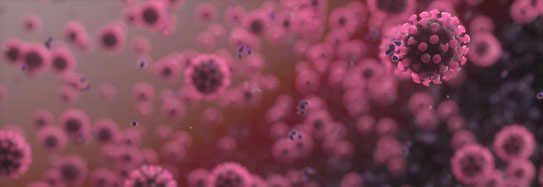Cancer is a term that describes several malignant (dangerous, harmful) diseases that can affect just about every organ and system in the body. Malignant cells, or cancer cells, are abnormal cells that multiply uncontrollably. Unlike normal cells, which stop multiplying and die off as they should, cancer cells continue to multiply and can form tumors and growths. These can then invade adjacent tissues.
Cancerous cells can also break free from a tumor site and enter the bloodstream. Once they are in the bloodstream, the cells can travel to other parts of the body, spreading the disease to other organs. This process is metastasis.
Malignant diseases (cancers) are becoming increasingly survivable in the developing world. But they are still one of the leading causes of death in countries like the United States. The Centers for Disease Control and Prevention (CDC) reported 1,806,590 new cases of cancer reported in the U.S. in 2020 – the most recent year for which statistics are available.
Death can occur because of the actual tumors, such as when a tumor destroys the liver, or death can occur because of associated conditions, like sepsis. Having cancer and undergoing specific treatments, such as chemotherapy, can weaken the immune system, putting you at higher risk for developing an infection that could lead to sepsis.
Sepsis, which was often called blood poisoning, is the body’s life-threatening response to infection. Like strokes or heart attacks, sepsis is a medical emergency that requires rapid diagnosis and treatment. Neutropenic sepsis refers to sepsis related to chemotherapy and treatments for cancer.
Suggested Citation:
Sepsis Alliance. Sepsis and Cancer. 2023. https://www.sepsis.org/sepsisand/cancer/
Updated December 12, 2023.

